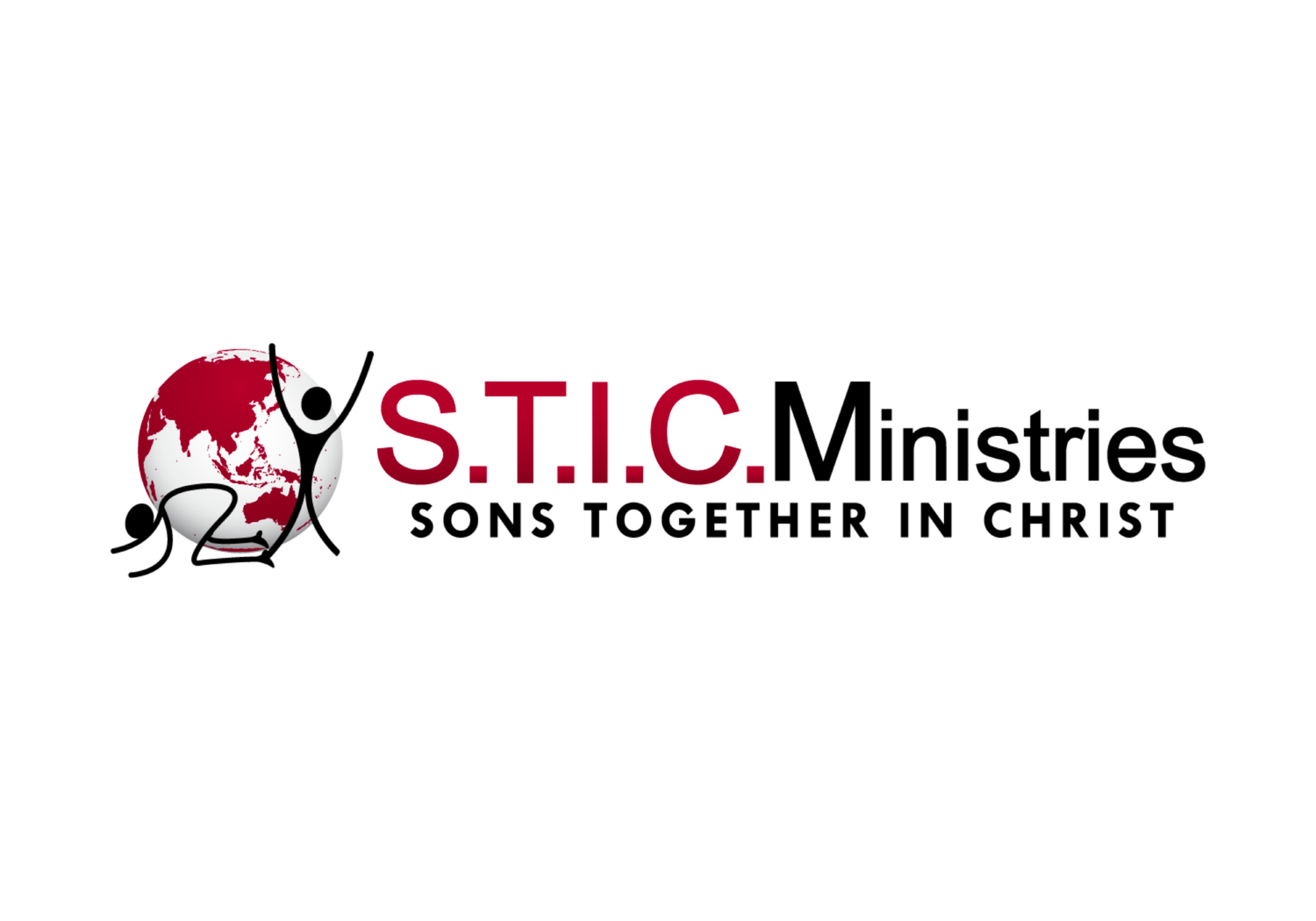So far, we have looked at the two foundational principles of faith towards God and repentance from dead works. This week we look at the third principle mentioned in Hebrews chapter 6.
Laying hands on someone was very symbolic and used only in specific rituals. The first reason someone would lay hands on someone else was to bless them. We see that with Isaac blessing Jacob instead of Esau – Gen 27:18-29. It also happened when Israel(Jacob) would later bless Joseph's sons and put his right hand on the head of the younger son - Gen 48:8-20. The symbolism was to impart a blessing or an inheritance.
Next, we see that God commands that Aaron and his sons must wear priestly garments, but before serving, they must take a bull, lay their hands on his head, and confess their sins. Then they had to sacrifice the bull and sprinkle his blood on the altar - Ex 29:10. The same ritual was performed on the day of atonement with the scapegoat. Finally, they had to lay their hands on the head of the goat, confess the sins of Israel and let it loose in the wilderness. The symbolism was that the sins of Israel were transferred to the scapegoat - Lev 16.
Thirdly, laying on hands was used to commission people for service or ministry. God chooses people for ministry. They are brought before the Church and commissioned by the laying on of hands. Paul admonishes us to recognize the people that labor amongst us - 1 Thess 5:12-13.
We see this throughout scripture. When Moses was about to die, God commanded him to commission Joshua as the new leader of Israel - Num 27:18-20,23. The Levites had to be commissioned, so Aaron laid hands on them before they could serve - Num 8:10. In the book of Acts, we see the Apostles commissioning seven men to help with the ministry of taking care of the widows. Stephen and Phillip were two of the ones that they laid hands on before they were sent out - Acts 6:3-6. The same thing happened before they sent Paul and Barnabas out to go and do ministry amongst the gentiles - Acts 13:1-3.
This ritual of laying hands on someone imparts a spiritual gift to someone in the Church. Paul laid hands on Timothy and mentioned that a spiritual gift was imparted to him when the elders laid hands on him - 1 Tim 4:14. Paul never tells us what gift Timothy received but admonishes him to keep stirring up the gift.
2 Tim 1:6 Therefore, I remind you to stir up the gift of God which is in you through the laying on of my hands.
We can also lay hands on people to receive the baptism of the Holy Spirit. There is no mention that they laid hands on people when the Holy Spirit was poured out on the day of Pentecost, but we do see the Apostles doing it afterward. The Apostles Peter and John went to Samaria after they heard that the new believers there were baptized in the name of Jesus. They prayed for the new believers to receive the Holy Spirit and laid hands on them - Acts 8:14-17. After Saul was converted, the Lord told Ananias to go and lay hands on Saul to receive his sight and be filled with the Holy Spirit - Acts 9:17.
Paul was traveling, and in Ephesus, he found some disciples. He asked them if they had received the Holy Spirit when they got saved. These disciples were baptized into the baptism of John. Paul shared with them, baptized them into the name of Jesus, and laid hands on them to receive the baptism of the Holy Spirit - Acts 19:1-6.
Lastly, we can lay hands on people that are sick. Jesus did it as one of the ways he healed people.
Luke 4:40 When the sun was setting, all those who had any that were sick with various diseases brought them to Him; and He laid hands on every one of them and healed them.
It is also part of what Jesus told his disciples and us as part of the great commission.
Mark 16:18 They shall take up serpents; and if they drink any deadly thing, it shall not hurt them; they shall lay hands on the sick, and they shall recover.
James the Apostle writes that if anyone is sick, let the elders anoint him, lay hands on him, and pray and he will be healed - James 5:14-16.
Lastly, Paul admonishes us not to lay hands on people too quickly, nor share in other people's sins, keep ourselves pure - 1 Tim 5:22. The context of this verse has been butchered so many times. In the prior verse, Paul talks about being partial. Allow me to bring some perspective. Paul does not say we should not lay hands on people but don't do it for selfish reasons or in a way that you approve of what is wrong. Laying hands on people does not make you unclean. Jesus constantly touched people who were considered to be unclean, yet they became clean. In the new covenant, we bring light, and darkness does not overcome our light.
If you are sick, come to Church so we can lay hands on you. If you struggle, come and let us pray for you. Laying hands on people is a beautiful gift of imparting what we carry, a tangible way to show someone that God cares.
